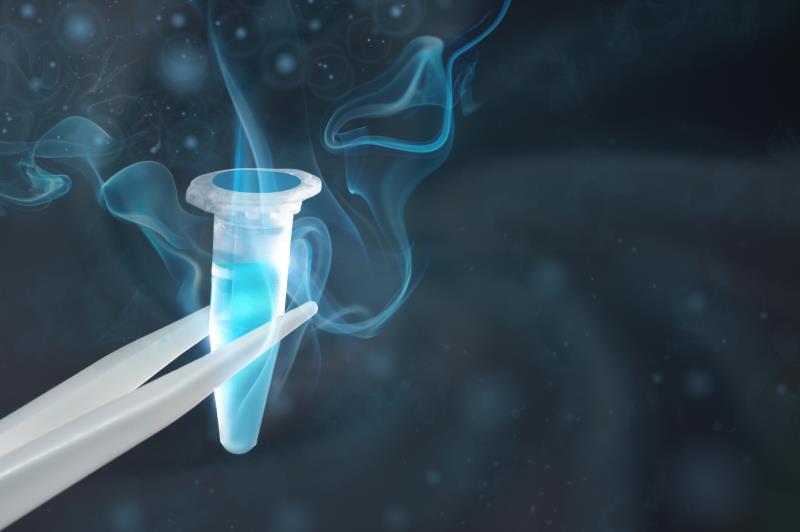
Children who were born after freeze-only embryo transfer (ET) experienced improved early developmental outcomes, particularly problem solving and fine motor skills, than those who were born after fresh ET, according to a follow-up study presented at ESHRE 2020.
“Frozen ET [strategy for non-PCOS* women] is becoming more popular in most in vitro fertilization centres in the world [as] many studies [have reported] … similar or better obstetric and perinatal outcomes,” said lead author Dr Lan Vuong from the Department of Obstetrics and Gynecology at the University of Medicine and Pharmacy in Ho Chi Minh City, Vietnam.
The researchers conducted a long-term follow-up study involving children (mean age 37 months) who were born after freeze-only (n=147) or fresh ET (n=120) at My Duc Hospital in Ho Chi Minh City, Vietnam. ASQ-3** and Developmental Red Flags Questionnaires were used to assess developmental delay in communication, gross and fine motor skills, problem solving, and personal-social behaviour and to identify the presence of any developmental disorders, respectively. [ESHRE 2020, abstract O-031]
Upon the completion of questionnaires, age (36.7 vs 37.0 months), height (95.0 vs 95.7 cm), and weight (14.9 vs 14.8 kg) were comparable between children born after freeze-only and fresh ET.
At ≥2 years, a significantly higher ASQ-3 score for problem solving was observed among children in the freeze-only group than the fresh ET group (53.6 vs 51.1; p=0.041).
There was also a trend towards a higher score of fine motor skills in the freeze-only group compared with the fresh ET group (47.8 vs 44.9; p=0.056).
Overall, there were fewer children with abnormal ASQ-3 (6.8 percent vs 8.3 percent) or abnormal Red Flag findings (5.4 percent vs 6.7 percent) in the freeze-only group than the fresh ET group.
“[The] use of a freeze-only strategy resulted in better problem solving and possibly better fine motor skills scores than fresh ET, with comparable results in other [developmental] domains. This highlights the importance of evaluation of normal development in children born after fresh [ET]compared with frozen ET,” Vuong noted.
“So far, this study was the first to evaluate the effects of transfer of frozen vs fresh embryos on early childhood development, particularly in a randomized setting, … [the results are] reassuring on the safety of the freeze-only approach in terms of child development and health,” said Vuong.
“However, additional studies comparing childhood development after a freeze-only strategy, fresh ET, and natural cycles are needed before firm conclusions can be drawn … [as the] developmental assessments [in this study were only] based on screening questionnaires,” she added.
*PCOS: Polycystic ovarian syndrome
**ASQ-3: Ages and Stages Questionnaire Third Edition